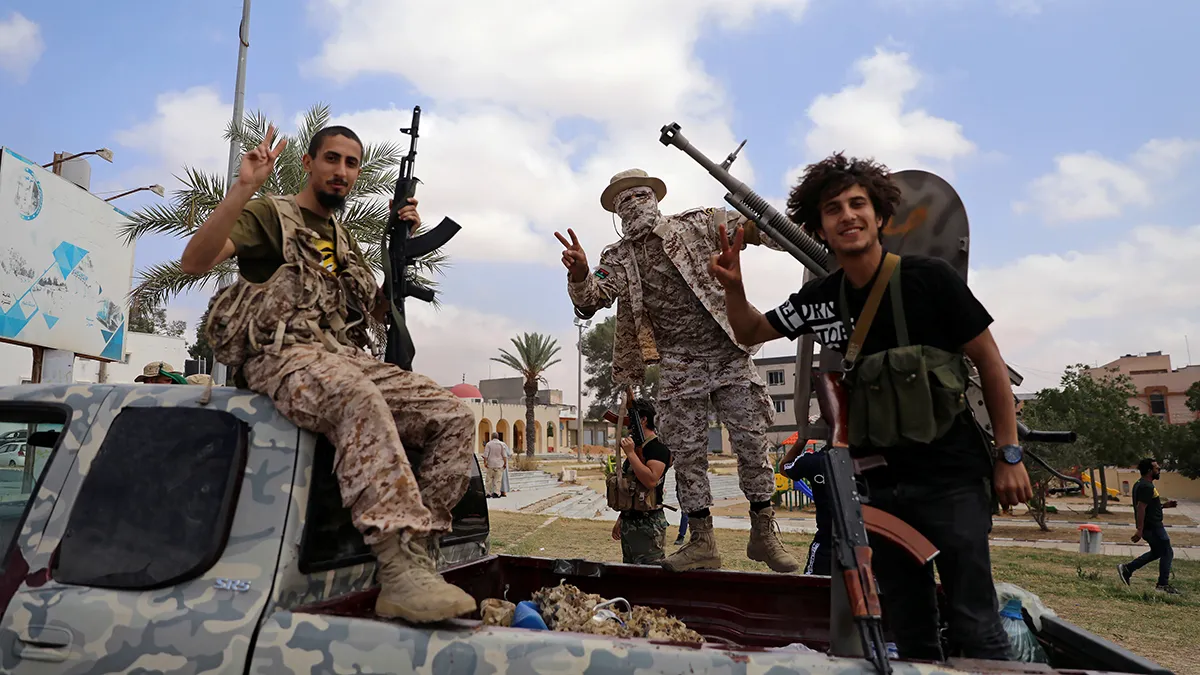Recent troop deployments in Libya under the leadership of General Khalifa Haftar have brought the situation back to the attention of the world community. Western nations have taken notice of these movements because they are concerned that a return to hostilities will further destabilize the area and jeopardize attempts at national unification.
The government of national unity in Tripoli, headed by Abdul Hamid Mohammed Dbeibeh and backed by the UN and the West, and the rival government in Tobruk, which is backed militarily by Haftar's Libyan National Army (LNA), continue to constitute the two primary entities of Libya.
Political, tribal, and military divides still exist in the nation even after the ceasefire accord seemed to put an end to the civil war.
Haftar's forces advanced on Ash Shwayrif, around 400 km southwest of Tripoli, intending to seize control of the vital city of Ghadames and the Algerian border crossing. Tension with the Tripoli administration increased as a result of this movement, which was perceived as an attempt by Haftar to bolster his control over the southwest region.
As a result, fearing that these moves would cause the conflict to flare up again, the Supreme State Council in Tripoli issued a state of alert.
The latest military maneuvers have alarmed the embassies of France, Germany, Italy, the United Kingdom, and the United States, who fear that they could jeopardize the ceasefire agreement and the current peace process. The concern that Libya would once more turn into a battleground for foreign powers and their local allies is highlighted by this international action.
Saif al-Islam Gaddafi, the son of the late dictator Muammar Gaddafi, whose political power and popularity continue to be a destabilizing factor, represents another aspect of uncertainty.
Some sources claim that Haftar wants to establish authority over the key districts of Fezzan while preventing the development of Gaddafi-aligned armed forces in the country's south.
Global effects could be expected from a new conflict, especially with regard to migration and energy security.
